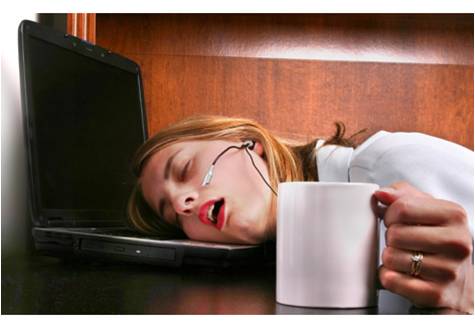Last Updated on September 4, 2024 by Mandy Gurney
Discover How Caffeine Affects Sleep and Tips for Better Sleep
Do you find yourself reaching for endless cups of coffee or cans of Coke to get through the day? You may not realise how long caffeine stays in your system and its impact on your sleep.
Caffeine is the world’s most popular central nervous system (CNS) stimulant. While it can boost energy and alertness, it can also disrupt your sleep patterns. This is especially concerning for teenagers who rely on caffeinated drinks to power through late-night study sessions or jam-packed days.
How Caffeine Affects Sleep
Caffeine blocks adenosine, a neurotransmitter that promotes sleep, keeping you awake and alert. While this can help with focus and energy during the day, it can lead to trouble sleeping later.
Here are a few ways caffeine impacts your sleep:
- Delayed Sleep Onset: Caffeine makes it harder to fall asleep.
- Reduced Sleep Duration: It can shorten the overall time you sleep.
- Disrupted Sleep Stages: Caffeine interferes with deep and REM sleep, which is essential for physical and mental restoration.
Caffeine Sensitivity: What You Should Know
Caffeine sensitivity varies from person to person and is influenced by factors like genetics, age, and regular consumption:
- Genetics: Some individuals are naturally more sensitive to caffeine.
- Age: Sensitivity to caffeine tends to increase with age.
- Tolerance: Regular consumption can lead to increased tolerance, meaning you may need more caffeine for the same effect.
Timing and Dosage Matter
Caffeine is quickly absorbed and reaches peak levels within an hour of consumption. Its half-life is around 5 hours, meaning it can stay in your system for up to 10 hours. To minimize its impact on sleep, it’s a good idea to avoid caffeine in the afternoon or evening—I personally avoid it after 2 PM.
Tips for Better Sleep While Managing Caffeine
- Monitor Your Intake: Keep track of how much caffeine you consume; it might surprise you!
- Limit Afternoon Consumption: Try to avoid caffeine after 2 PM.
- Choose Alternatives: Opt for decaf coffee or herbal teas in the afternoon.
- Gradual Reduction: If you’re a heavy caffeine user, reduce your intake gradually to avoid withdrawal symptoms.
You can still enjoy the benefits of caffeine without sacrificing sleep. By managing your intake and timing, you’ll feel more rested and energised throughout the day.
Written by Mandy Gurney
0 Comments







